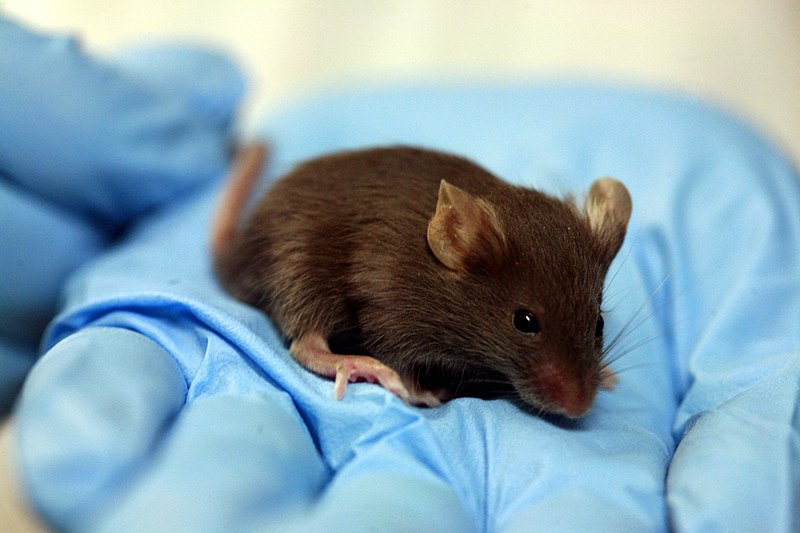In 2018, 1.7 million people died from lung cancer worldwide, a number equivalent to the population of Barcelona. The high mortality rate of lung cancer reflects the need for the development of treatments that are more efficient.
A study headed by Dr. Ángel R. Nebreda, researcher of the Institute for Research in Biomedicine (IRB Barcelona), in collaboration with Dr. Mariano Barbacid from National Center of Oncologic Research (CNIO) and Dr. Alberto Villanueva from IDIBELL program ONCOBELL (ProCure-ICO), published in the journal PNAS. Demonstrates that the protein p38 is one of the key elements supporting lung cancer growth. In particular, the study focuses on cells expressing the oncogene Kras, which causes the transformation of a healthy cell into a cancer cell and whose mutations are responsible for approximately 25% of lung cancer cases.
The relevance of this work lies in the fact that “it shows how tumors exploit a protein, which in principle protects healthy lung cells, for their own progression,” says Jessica Vitos, first author of the paper. The result of this study may find therapeutic application. In this regard, “Chemical compounds that inhibit p38 function would interfere with the growth of lung cancer cells,” she explains.
The study has been funded by the European Research Council (ERC), the Spanish Ministry of Science, Innovation and Universities (MICINN), the Catalonian Agency for Management of University and Research Grants (AGAUR), and the BBVA Foundation.

